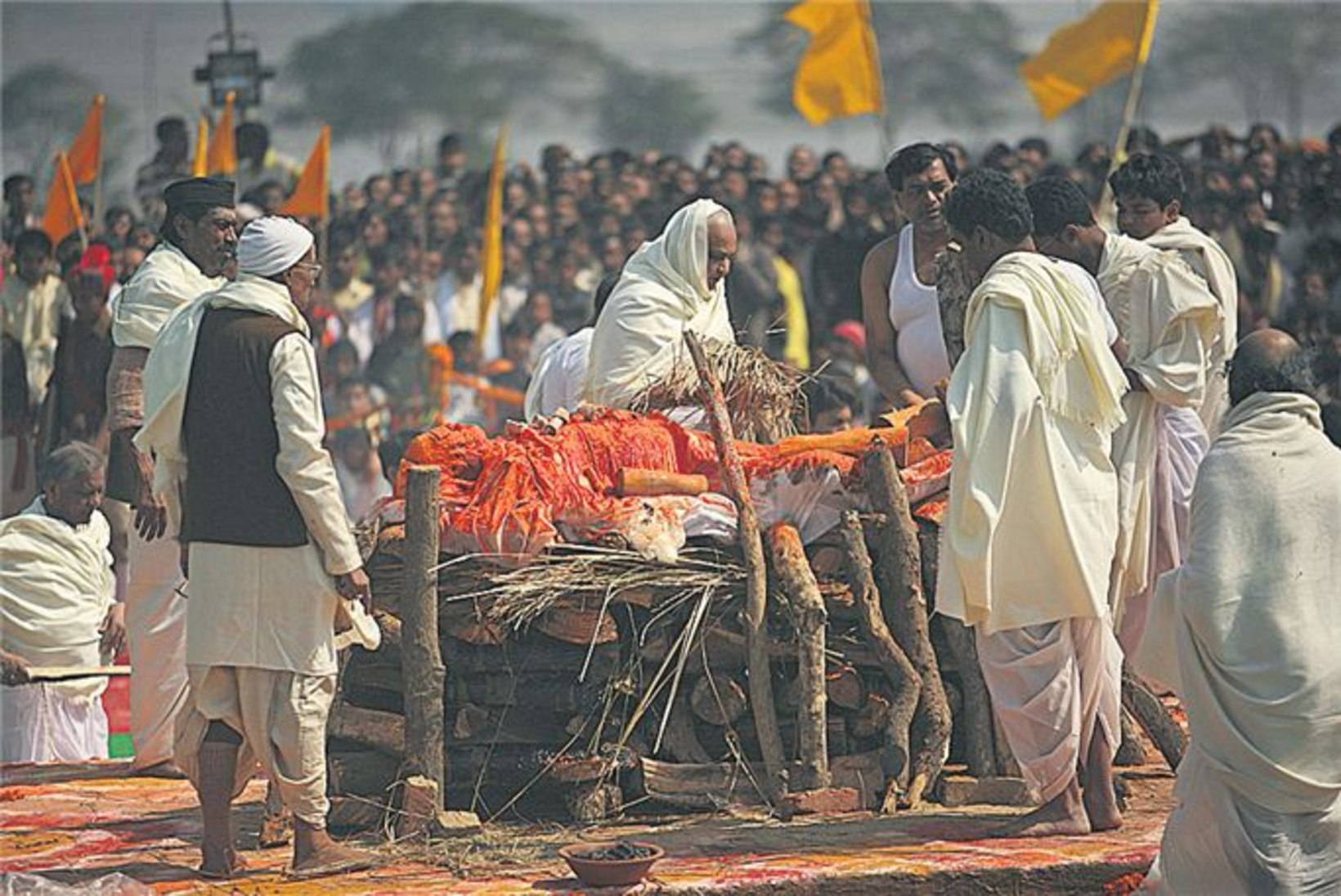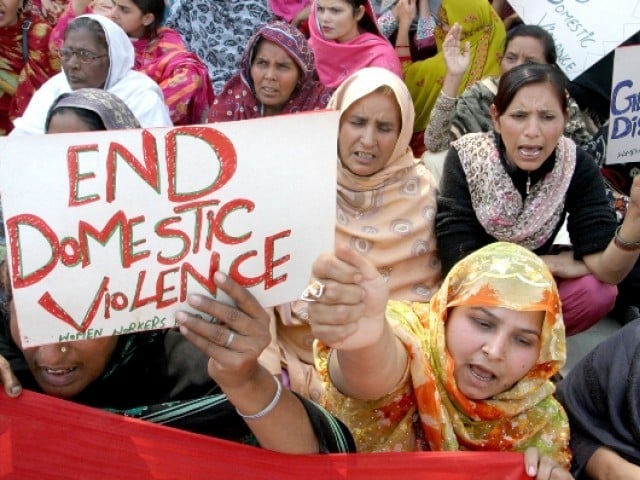Where Law Meets Precision
Legal Heir Certificate
A legal heir certificate is an official document issued by the government that identifies the rig...
Read More...Income Certificate
An income certificate is an official document issued by the government that certifies an individu...
Read More...Domicile Certificate
It is essential for accessing various state-specific benefits, including education, employment, a...
Read More...Death Certificate
A death certificate is an official document issued by the government that certifies the date, pla...
Read More...Birth Certificate
A birth certificate is an official document that records the birth of a child and serves as the f...
Read More...Domestic Violence
Domestic violence is a pervasive issue that affects individuals across all sections of society. I...
Read More...








